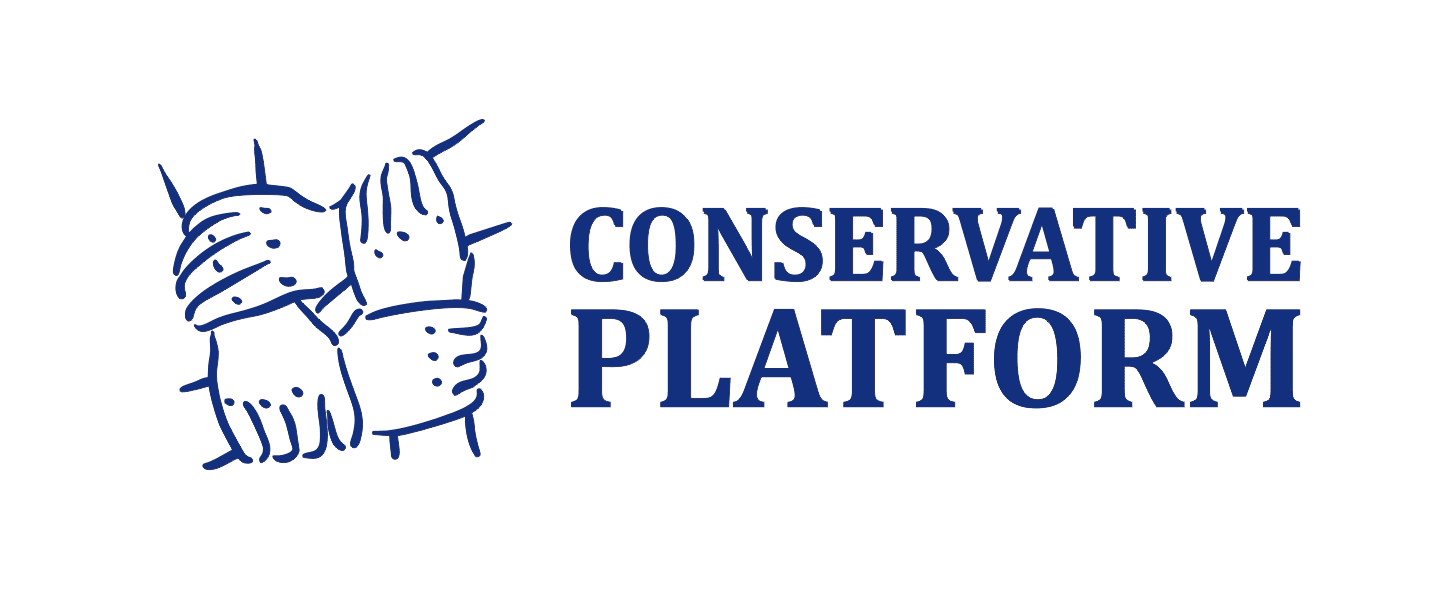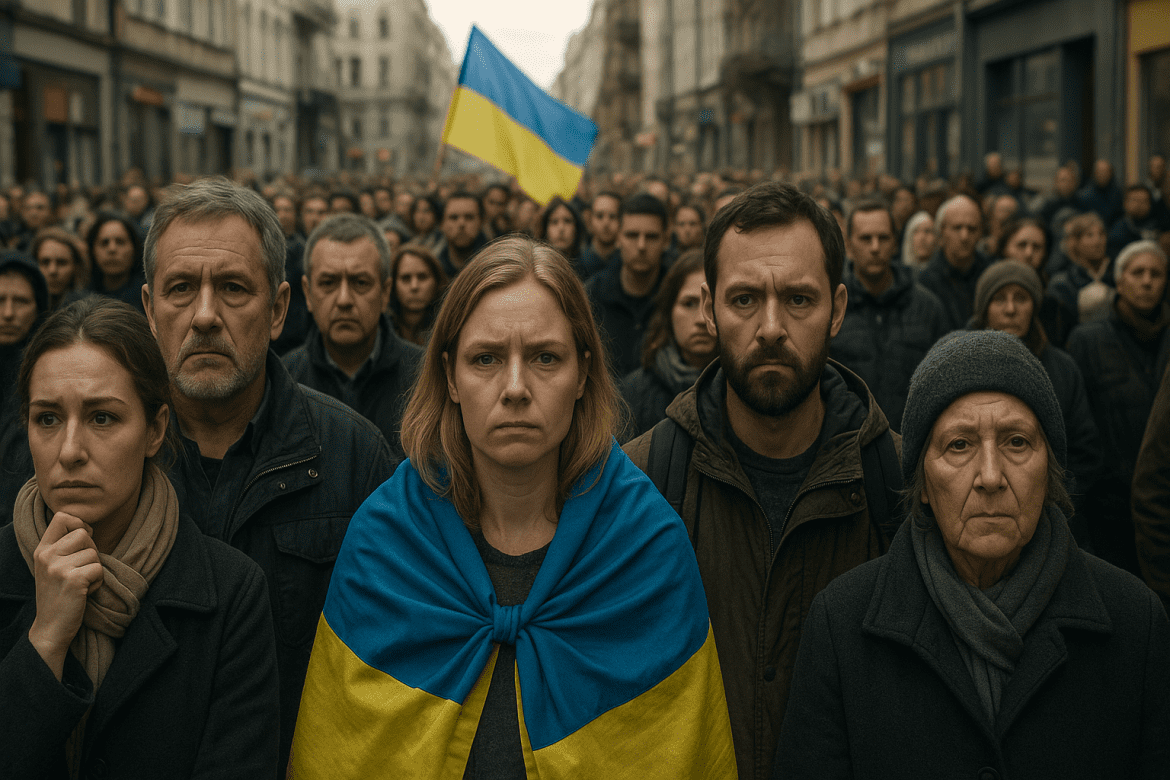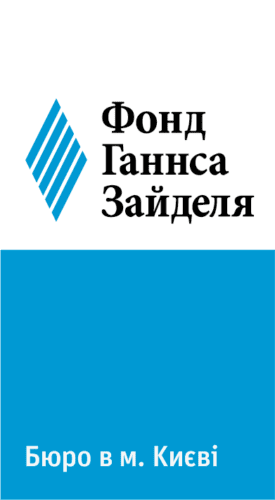When Russian troops invaded Ukrainian soil in February 2022, it was not the frontline that broke first – it was society that stood strong. People scattered in different parts of the country united without orders or instructions. Someone opened a volunteer headquarters in their garage, someone baked bread for the terrorist defense, someone just silently took the hand of the person next to them and said: “Hold on”. In those first days and weeks of the war, old schemes collapsed, and a new, not yet articulated, but very much alive force was born – Ukrainian society as a subject, as a community, as a source of resilience.
But is this warmth of front-line solidarity enough for us to go through the marathon of war and the aftermath of recovery, reform, and transformation? The Christian democratic perspective gives us a profound, fundamental answer: no, not if this solidarity does not become a responsibility.
Social cohesion: not just unity, but trust
In 2022, we experienced a unique social moment – an explosion of trust. People trusted the army, volunteers, even strangers on the street. There was a sense of brotherhood in the air. This “reserve of unity” became a resource that carried us through the first and most difficult months. But trust is not magic, it is a mechanism. It needs to be maintained.
Already in 2024-2025, we see alarming signals. According to research by the Foundation for the Promotion of Democracy, the level of public anxiety has risen to 5.8 out of 10. People are tired, fragmented, and desperate. Disappointment in the state’s ability to solve everyday problems creates a sense of isolation. Instead of unification, there is atomization, and instead of communities, there is a bubble of information loneliness.
“A society that cannot protect its information space is doomed to lose the war for minds,” Serhiy Demyanov aptly noted.
And that is why social cohesion is not an emotion, but a strategy that needs to be nurtured at the institutional level.
People, not the state or the market, are at the center
The Christian democratic approach is radically different from the liberal or socialist approach. The center is not the state or the market, but the human being as a person created for life together. Not a statistical unit, not a “service user,” but a person with dignity, needs, and the ability to be responsible for others.
In this philosophy:
- Dignity → the basis of all social policy.
- Freedom → not anarchy, but the possibility of responsible choice.
- Responsibility → not only individual, but also mutual, to the community and society.
That is why Christian democracy does not see the social sphere as just “helping the needy,” but as an ethical order in which the strong protect the weak, not losing their own power but multiplying the common good.
The main social challenges of wartime
On paper, Ukraine is a country with thousands of social programs. In reality, there are tens of millions of people who feel abandoned. What are the main social challenges we face now?
1. Demographic crisis
- Population decline.
- Mass emigration of women and children.
- The aging of the nation, the destruction of the demographic balance.
2. Inequality and fatigue
- A sense of injustice: some at the front, others in restaurants.
- Growing distrust between different social groups.
- Polarization between urban and rural areas, “center” and “periphery”.
3. Crisis of institutions
- Disbelief in the state’s ability to provide social services.
- Bureaucratic obstacles in helping IDPs, veterans, and families of the victims.
4. Information fragmentation
- Media and telegram channels create closed spaces where everyone sees their own version of reality.
All of these are not just problems. These are signs of a shattered social fabric that needs to be restored, not patched, from the inside, based on basic moral principles.
Society is a community, not an exchange market
The modern liberal world sees a person as a consumer and society as a set of contracts. Christian democratic thought has a different vision: communio – a community of persons bound not only by rights but also by mutual responsibilities.
“Community, family, school, and church are not atavisms. These are the supporting structures of social life,” the policy brief says.
If the state tries to replace all these structures with itself, it does not heal, but cripples. If it creates a space where they can act freely, then healing is possible.
Social policy as ethics, not technocracy
We are used to evaluating social reforms in numbers: how many people are covered? What percentage of GDP has been spent? But the true indicator of a successful social policy is the sense of dignity of the person who receives it.
The Christian democratic approach offers a different way of thinking:
- The policy should be transparent so that the community can participate in its formation.
- It should be development-oriented, not dependency-oriented.
- It should not treat symptoms, but restore dignity and rebuild the social fabric.
Specific areas of action: from concept to practice
- Developing a network of local social centers subordinated to communities rather than Kyiv.
- Rehabilitation and support programs for veterans that combine medical, psychological, and spiritual care.
- Supporting the families of the victims not only financially but also through community structures (churches, schools, volunteer networks).
- Integration of IDPs is not a problem, but a chance – through employment, joint projects, and dialog.
- Funding for horizontal initiatives – volunteer, community, parish initiatives that replace the functions of weak institutions.
- Long-term programs for building social capital: cooperation schools, local media, interregional exchanges, support for youth communities.
To summarize: society is a front
We often hear: “Everything is clear at the front, but there is chaos in the rear.” But this is not true. The rear is the front. And it is no less important.
Christian democracy reminds us that victory is possible only when the strong protect the weak, when communities act freely, when politics serves the individual, and not vice versa.
Society is not a battlefield. It is the body of the nation. And if it loses communication between organs, between cells, no weapon can save it.
But if we return to dignity, to solidarity, to mutual responsibility, then we will not just survive.
We will win. As a society. As a nation. As a community.




